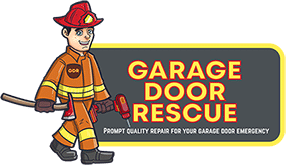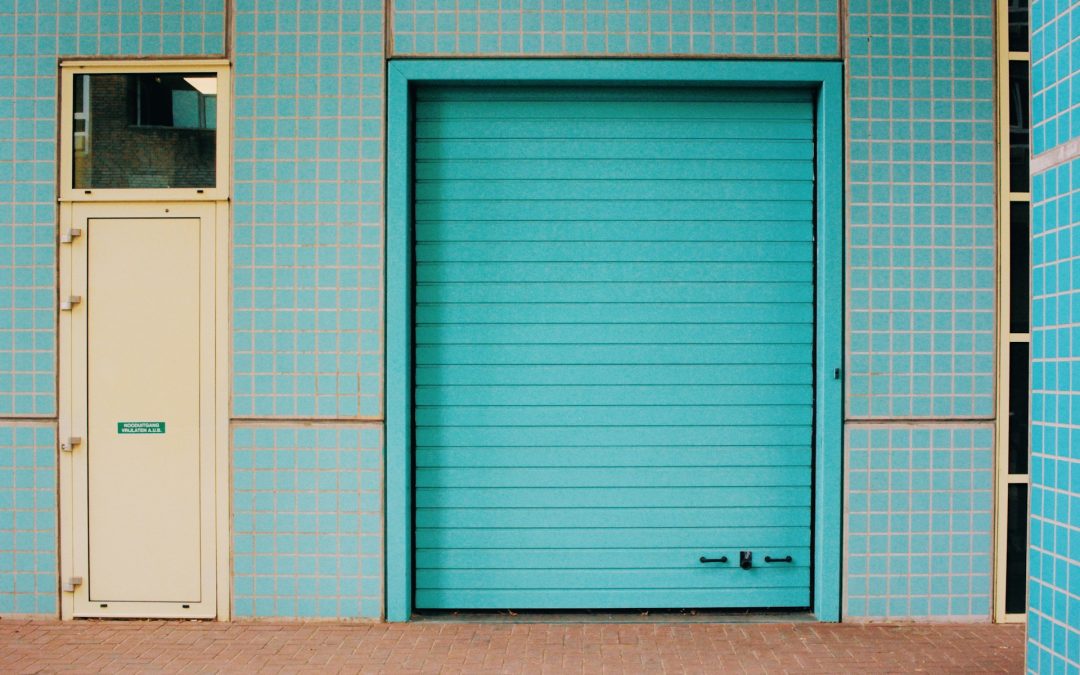Hearing strange noises from your garage door can be both annoying and concerning. These sounds are often a sign that something isn’t working quite right. Left unchecked, the noise can indicate bigger issues that may lead to costly repairs. Knowing how to identify and solve these noisy problems can save you both time and trouble.
Garage doors are complex systems with many moving parts. Over time, these parts can wear out, become loose, or need lubrication, leading to the noises you hear. Understanding the common causes of garage door noise and knowing how to address them can keep your door running smoothly and quietly. Regular maintenance and timely fixes can extend the life of your garage door and prevent unexpected breakdowns.
In this guide, we’ll explore the various reasons your garage door might be making noise. We’ll also cover how to inspect your door for issues, simple DIY solutions to reduce noise, and when it’s best to call in a professional. By the end, you’ll be well-equipped to tackle the mystery of your noisy garage door and ensure it operates quietly and efficiently.
Common Causes of Noisy Garage Doors
One of the primary causes of noisy garage doors is worn-out or faulty rollers. Rollers are the small wheels that help the door move smoothly along its tracks. Over time, these rollers can become worn, cracked, or broken, leading to loud grinding noises as the door operates. Metal rollers can squeak if they lack lubrication, while plastic rollers can break down and make rattling sounds.
Loose hardware and components are another common issue. Garage doors consist of numerous parts such as nuts, bolts, and screws that can loosen over time due to the constant movement and vibrations. When these parts become loose, they can create rattling, banging, or clanking noises. Ensuring that all hardware is tightly secured can significantly reduce these sounds.
A lack of lubrication is a frequent cause of noisy garage doors. The moving parts of a garage door, including rollers, hinges, and springs, require proper lubrication to function smoothly. Without it, friction increases, leading to squeaking, grinding, and other unpleasant noises. Regularly lubricating these parts can help keep your garage door operating quietly and efficiently.
Inspecting Your Garage Door for Noise Issues
Conducting a step-by-step visual inspection of your garage door can help you identify the source of the noise. Begin by examining the rollers, hinges, and other moving parts for signs of wear or damage. Look for any visible cracks, breaks, or excessive wear on the rollers, and check the hinges for signs of rust or bending. This careful inspection can often reveal the areas causing the noise.
Identifying problem areas involves listening and observing your garage door as it operates. Pay attention to where the noise is coming from while opening and closing the door. Note any specific points where you hear squeaking, rattling, or grinding sounds. This information can help pinpoint the exact component causing the issue, making it easier to address.
The importance of regular maintenance checks cannot be overstated. Periodic inspections and timely repairs can prevent minor issues from turning into major problems. Regular maintenance helps ensure that all parts are functioning correctly, reducing the likelihood of unexpected noises. Incorporate these checks into your routine to keep your garage door in optimal condition.
Simple Solutions to Reduce Garage Door Noise
One of the easiest solutions to reduce garage door noise is lubricating moving parts. Apply a high-quality garage door lubricant to the rollers, hinges, springs, and tracks. Avoid using grease that can attract dirt and cause more harm than good. Lubrication helps reduce friction and allows the parts to move smoothly and quietly.
Tightening loose bolts and screws is another effective way to diminish noise. Over time, the constant movement of the garage door can cause these components to loosen. Using a wrench or screwdriver, check and tighten all the nuts, bolts, and screws. Tightening these parts can eliminate rattling and clanking sounds, making your garage door much quieter.
Replacing damaged or worn-out rollers is sometimes necessary to achieve silence. If the rollers are cracked, broken, or excessively worn, consider replacing them with new ones. Nylon rollers are a quiet alternative to metal rollers and can significantly reduce noise. Be sure to follow the manufacturer’s instructions or consult a professional for this task.
When Professional Help is Needed
Recognizing signs of serious issues can help you determine when professional help is necessary. If the garage door noise persists despite your efforts to lubricate, tighten, and replace parts, there may be a more significant problem. Unusual grinding noises, difficulty in opening or closing the door, or visible damage to springs and tracks are indicators that professional intervention is required.
Ignoring persistent noise and underlying issues can lead to severe consequences. The problem may worsen over time, resulting in costly repairs or even a complete breakdown of the garage door. Additionally, a malfunctioning garage door can pose safety risks, especially if springs or cables snap unexpectedly. Addressing the problem early with professional help can prevent these hazards.
Choosing the right garage door repair service is crucial for effective and lasting solutions. Look for a reputable company with positive reviews and experienced technicians. Verify credentials and ensure they offer warranties for their work. By selecting a trusted service provider, you can ensure that your garage door operates smoothly and quietly for years to come.
Conclusion
Tackling the mystery of your noisy garage door doesn’t have to be a daunting task. By understanding common causes, such as worn-out rollers, loose hardware, and a lack of lubrication, you can take simple steps to reduce these issues. Regular inspections and maintenance are essential for identifying problem areas and keeping everything in top condition.
While some noises can be fixed with easy DIY methods, persistent or severe issues require professional attention. Ignoring them can lead to further damage and even safety risks. Choosing the right garage door repair service ensures that your door is repaired correctly and continues to operate quietly and efficiently.
If your garage door is causing you problems, don’t hesitate to reach out for professional garage door service. Contact Garage Door Rescue for reliable and expert solutions to all your garage door issues. We’re here to make sure your garage door runs smoothly and quietly, giving you peace of mind and convenience.

